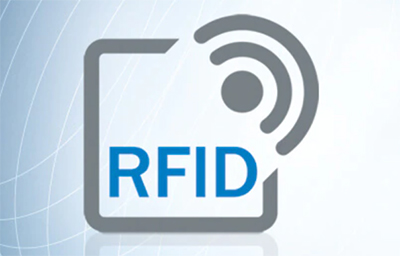Governments may use RFID (Radio-Frequency Identification) technology for various purposes, but the extent to which they track people depends on the specific policies, laws, and regulations of each country. RFID technology involves the use of small electronic devices, called
RFID tags, to transmit information to an
RFID reader via radio waves. These tags can be embedded in objects, cards, or even implanted in some cases.
In some instances, governments may use RFID for purposes such as:
Passports and ID Cards: Many modern passports and ID cards contain RFID chips to store and transmit biometric and personal information. This is primarily used for secure identification and border control.
Access Control: RFID technology is commonly used for
access control systems in government buildings, secure facilities, and restricted areas.
Asset Tracking: Governments may use RFID to track and manage valuable assets, equipment, or inventory within their organizations.

However, using RFID to track individuals on a large scale or without proper legal and privacy safeguards could raise significant ethical and privacy concerns. Most democratic societies have laws and regulations in place to protect individuals' privacy rights, and the use of RFID for mass surveillance without consent is likely to be subject to legal scrutiny.
Prev News:Neph System's RFID enhances people tracking and parking solution
Next News:Are RFID cards trackable?
